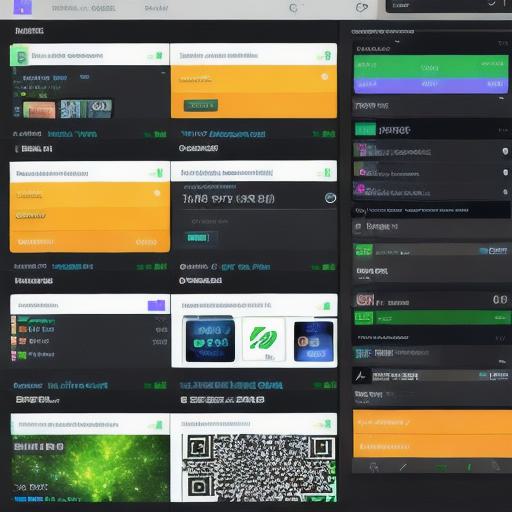Web3, the latest iteration of the internet, is quickly gaining traction among developers and tech enthusiasts alike. This decentralized network promises to revolutionize how we interact with technology and each other, but with so much information available, it can be hard to know where to start. That’s why we’ve created this quiz to test your knowledge of Web3 and see how well you understand the technology.
Web3 refers to the decentralized networks that allow users to interact with each other without the need for intermediaries like governments, corporations or financial institutions. These networks are built on blockchain technology, which allows for secure, transparent and tamper-proof transactions. Web3 also incorporates smart contracts, decentralized applications (dApps) and non-fungible tokens (NFTs), all of which allow for new ways of interacting with the internet.
Our quiz covers a range of topics related to Web3, from its history and key players to its potential uses and challenges. With 10 questions, you’ll have the opportunity to test your knowledge and see how well you understand this exciting technology. So, let’s get started!


Question 1: What is the name of the first decentralized application built on the Ethereum blockchain?
Answer: Cryptokitties
Cryptokitties, launched in 2017, was the first dApp to gain widespread attention and is still one of the most popular. It allows users to breed and collect unique digital cats, which can be bought and sold on the open market.
Question 2: What is a decentralized exchange (DEX)?
Answer: A decentralized exchange is an online marketplace that allows users to buy, sell and trade cryptocurrencies directly with each other without the need for intermediaries like brokers or exchanges. These exchanges are built on blockchain technology and offer greater security and privacy than traditional exchanges.
Question 3: What is a smart contract?
Answer: A smart contract is a self-executing digital agreement with the terms of the agreement directly written into lines of code. It automatically executes when predetermined conditions are met, eliminating the need for intermediaries and reducing the risk of fraud. Smart contracts are often used in Web3 applications to automate transactions and enforce rules.
Question 4: What is a non-fungible token (NFT)?
Answer: A non-fungible token is a digital asset that represents ownership of something unique, such as an artwork, collectible or in-game item. NFTs are stored on blockchain and can be bought, sold and traded like traditional assets. They offer greater security and transparency than traditional assets and allow for new ways of monetizing creative works.
Question 5: What is the difference between a public blockchain and a private blockchain?
Answer: A public blockchain is an open network that allows anyone to participate and validate transactions, while a private blockchain is a closed network that only allows authorized participants to join and validate transactions. Public blockchains are more transparent and secure, while private blockchains offer greater privacy and control.
Question 6: What is the Ethereum Virtual Machine (EVM)?
Answer: The Ethereum Virtual Machine is a platform that runs smart contracts on the Ethereum blockchain. It allows developers to build decentralized applications that can execute complex logic and interact with other smart contracts on the network. The EVM is a crucial component of Web3 and has allowed for the development of a wide range of dApps.
Question 7: What is a stablecoin?
Answer: A stablecoin is a cryptocurrency that is pegged to the value of another asset, such as a fiat currency or commodity. This stabilizes the price of the coin and makes it less volatile than other cryptocurrencies. Stablecoins are often used for payments and as a store of value in Web3 applications.
Question 8: What is the Decentralized Autonomous Organization (DAO)?
